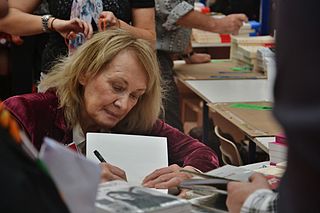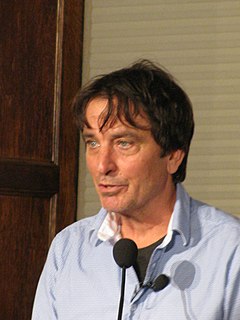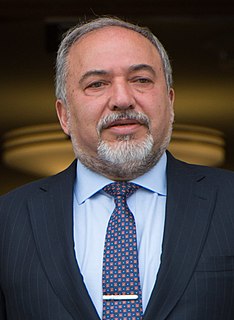A Quote by Mohsin Hamid
We are all refugees from our childhoods. And so we turn, among other things, to stories. To write a story, to read a story, is to be a refugee from the state of refugees. Writers and readers seek a solution to the problem that time passes, that those who have gone are gone and those who will go, which is to say every one of us, will go. For there was a moment when anything was possible. And there will be a moment when nothing is possible. But in between we can create.
Related Quotes
Never carry things on from the past. The past is gone. Every moment be rid of it, solved or unsolved. Drop it - and don't carry parts because those parts won't allow you to solve new problems that live in this moment. Live in this moment as totally as possible, and suddenly you will come to realized, that if you live it totally, it is solved. There is no need to solve it. Life is not a problem to be solved, it's a mystery to be lived.
Naturally I feel no shame in writing these things because of the time which separates the moment when they are written--when only I can see them--from the moment when they will be read by other people, a moment which I feel will never come. By then I could have had an accident or died; a war or a revolution could have broken out. This delay makes it possible for me to write today, in the same way I used to lie in the scorching sun for a whole day at sixteen, or make love wihout contraceptives at twenty: without thinking about the consequences
The story is the only thing that's important. Everything else will take care of itself. It's like what bowlers say. You hear writers talk about character or theme or mood or mode or tense or person. But bowlers say, if you make the spares, the strikes will take care of themselves. If you can tell a story, everything else becomes possible. But without story, nothing is possible, because nobody wants to hear about your sensitive characters if there's nothing happening in the story. And the same is true with mood. Story is the only thing that's important.
We who make stories know that we tell lies for a living. But they are good lies that say true things, and we owe it to our readers to build them as best we can. Because somewhere out there is someone who needs that story. Someone who will grow up with a different landscape, who without that story will be a different person. And who with that story may have hope, or wisdom, or kindness, or comfort. And that is why we write.
It is possible to be honest every day. It is possible to live so that others can trust us-can trust our words, our motives, and our actions. Our examples are vital to those who sit at our feet as well as those who watch from a distance. Our own constant self-improvement will become as a polar star to those within our individual spheres of influence. They will remember longer what they saw in us than what they heard from us. Our attitude, our point of view, can make a tremendous difference.
As ephemeral as our footprints were in the sand along the river, so also were those moments of childhood caught in the photographs. And so will be our family itself, our marriage, the children who enriched it and the love that has carried us through so much. All this will be gone. What we hope will remain are these pictures, telling our brief story.
Over the course of the millennia, all these ancestors in your tree, generation upon generation, have come down to this moment in time-to give birth to you. There has never been, nor will ever be, another like you. You have been given a tremendous responsibility. You carry the hopes and dreams of all those who have gone before. Hopes and dreams for a better world. What will you do with your time on this Earth? How will you contribute to the ongoing story of humankind?
Even grief recedes with time and grace. But our resolve must not pass. Each of us will remember what happened that day, and to whom it happened. We'll remember the moment the news came -- where we were and what we were doing. Some will remember an image of a fire, or a story of rescue. Some will carry memories of a face and a voice gone forever.
Those who are gone, you have. Those who departed loving you, love you still; and you love them always. They are not really gone, those dear hearts and true; they are only gone into the next room; and you will presently get up and follow them, and yonder door will close upon you, and you will be no more seen.







































